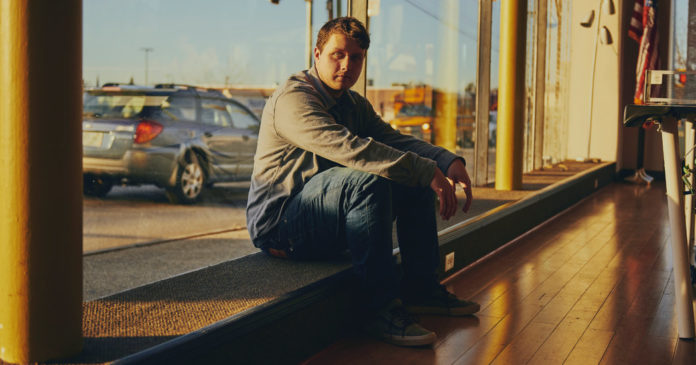But even those experts who believe that marijuana may have a role in helping people with opioid addiction say that much more research is needed, and that marijuana should not be a substitute for treatment with methadone or buprenorphine, which have been found to substantially reduce deaths among people addicted to opioids. Recently, some states have begun encouraging people to switch from opioids to medical marijuana, or even making opioid addiction a qualifying condition to get medical marijuana — a move that some experts have found alarming.
Mr. Cushing’s bill would make it legal for people 21 and over to possess, consume, buy and grow small amounts of marijuana, and would create a commission to license and regulate marijuana cultivation, production and retail establishments. Taxing marijuana sales could bring New Hampshire between $15.3 million and $57.8 million a year, a state commission has said. The bill, which is likely to be voted on in a House committee on Thursday, is expected to pass the House; if it passes the Democratic-held Senate and reaches the governor’s desk, Mr. Sununu, who declined to be interviewed for this story, has promised to veto it.
Some people suggest that opponents are using New Hampshire’s opioid crisis to back up their argument, when their real reason for opposing legalization is a more general discomfort with drugs of any kind.
Keith Howard, the executive director of Hope for New Hampshire Recovery and a member of the governor’s commission on alcohol and drug abuse, said that he was neutral on the bill.
The opioid crisis and the question of whether to legalize marijuana “have nothing to do with each other,” he said, though “in debate it’s very easy to conflate the two and then use the power of deaths from opioids to bolster an argument about marijuana.”
Complicating matters, people directly affected by opioids have mixed views on marijuana.
On a recent, gray afternoon in Manchester, men and women went in and out of Hope for New Hampshire Recovery, Mr. Howard’s recovery center, to attend groups, meet with coaches, paint, or simply be surrounded by people who would not judge them.
Tristen Thibault, 22, who said he had struggled with addiction to heroin and methamphetamines and had been clean for three months, said that he didn’t use marijuana now because he was on probation for drug possession and lived in a sober house. But in the past, he said, marijuana had been important to him because it eased the pain associated with a medical condition called hereditary spastic paraplegia, which makes it difficult for him to walk.
Source : Nytimes












